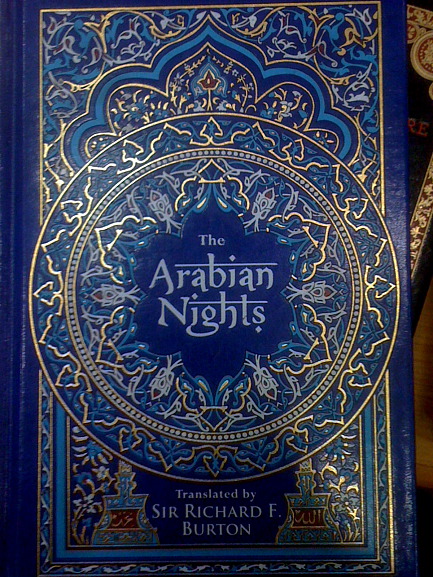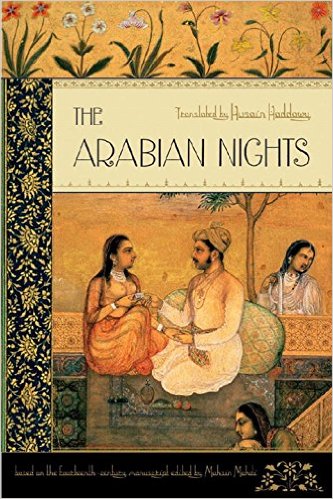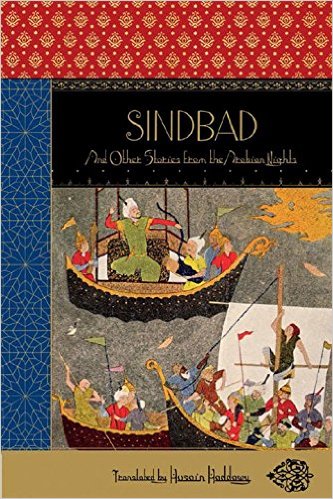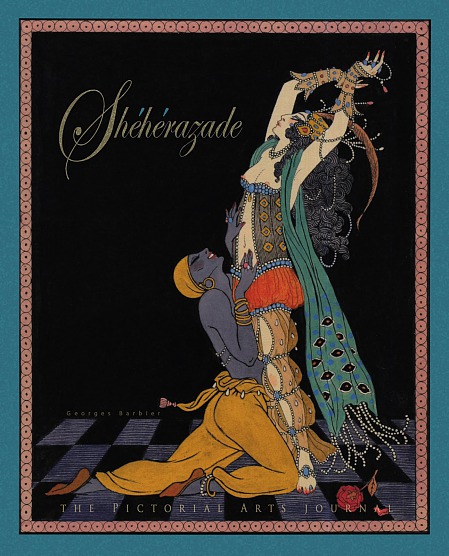The Arabian Nights
The Book of One Thousand and One Nights
Translation by Sir Richard Burton, ~1850


The Arabian Nights, a tale of unfaithful wifes, Islamic mores, with monsters and gods. It's not what you've seen via Disney. To read the entire work thoroughly is tantamount to years of study of Arabian ethnology.
Here is selected stories of Sir Richard Burton's uncensored and unabridged version. Annotated by Xah Lee.
start at
Alaeddin
Art Gallery
Notes from Xah Lee
Phantasmagorical tales of monsters and girls and slaves and fornication.
Sir Richard Burton's translation is a most elaborate and uncensored translation.
The popular stories such as • Aladdin's Wonderful Lamp • Ali Baba and the Forty Thieves, • The Seven Voyages of Sinbad the Sailor were actually not part of the original Arabian Nights. Even so, their uncensored version, are lackluster in comparison to the stories in Arabian Nights.
The Arabian Nights has origin in India, and is collected stories from years 700 AD onward. Stories are continuously added and edited from different Middle East countries and Egypt. So, there is really no one true Arabian Nights nor a sense of “complete” version.
The annotation here are by Xah Lee (me). Most are done in 2005. The text are based on Sir Richard Burton's uncensored and unabridged version.
The Arabian Nights, Introduction by Xah Lee.
One problem with Sir Richard Burton's translation is that it uses archaic and poetic English. I find this making it far more enjoyable, for literary reasons, on language and linguistics, like reading Shakespeare. But this is a problem for those who just want to read the stories.
Best modern uncensored translation in modern English is by Husain Haddawy, according to Wikipedia.


 Arabian Nights Art Gallery
Arabian Nights Art Gallery